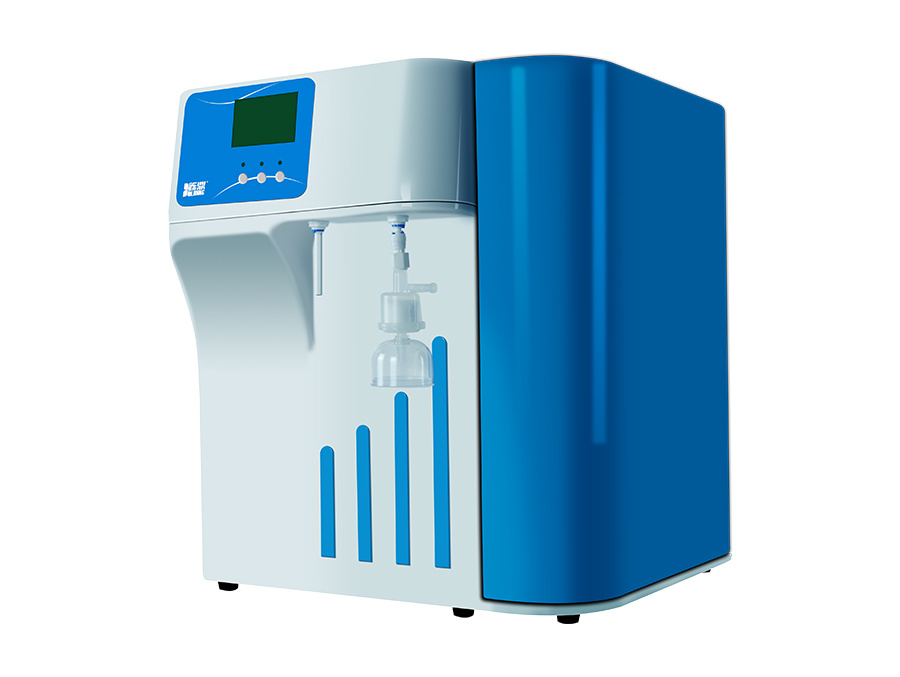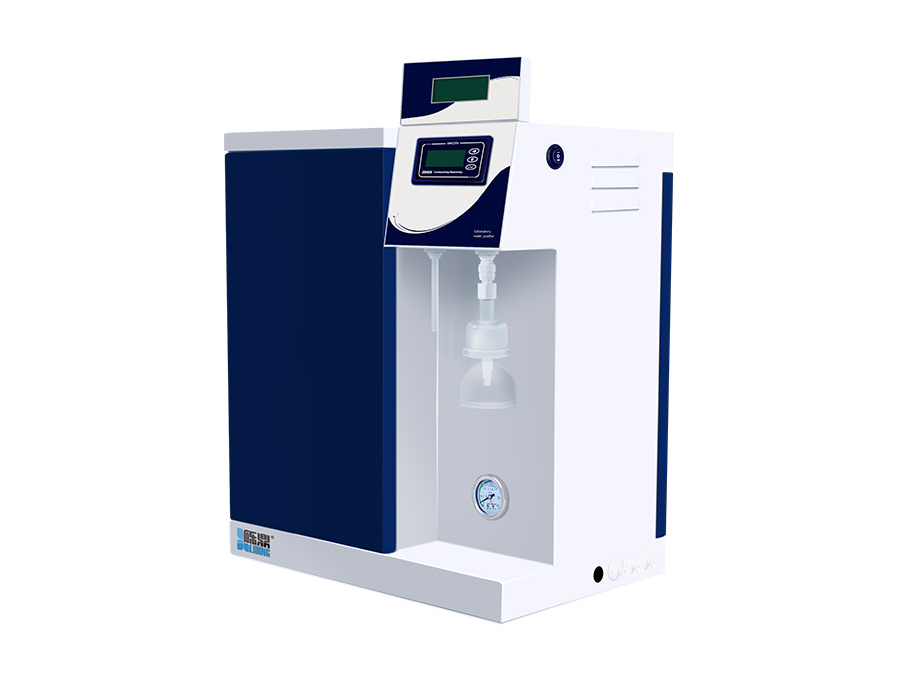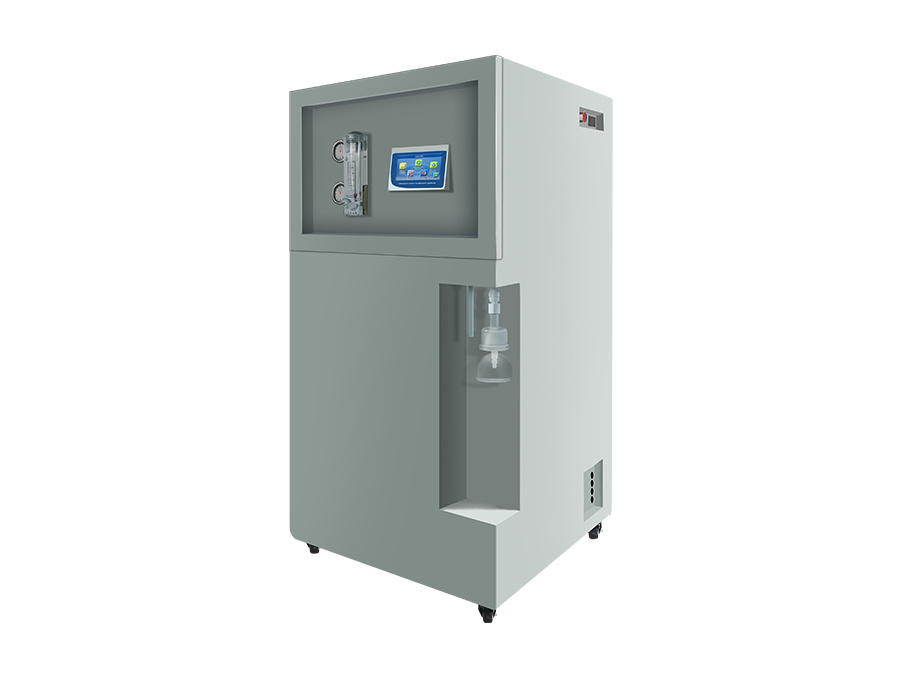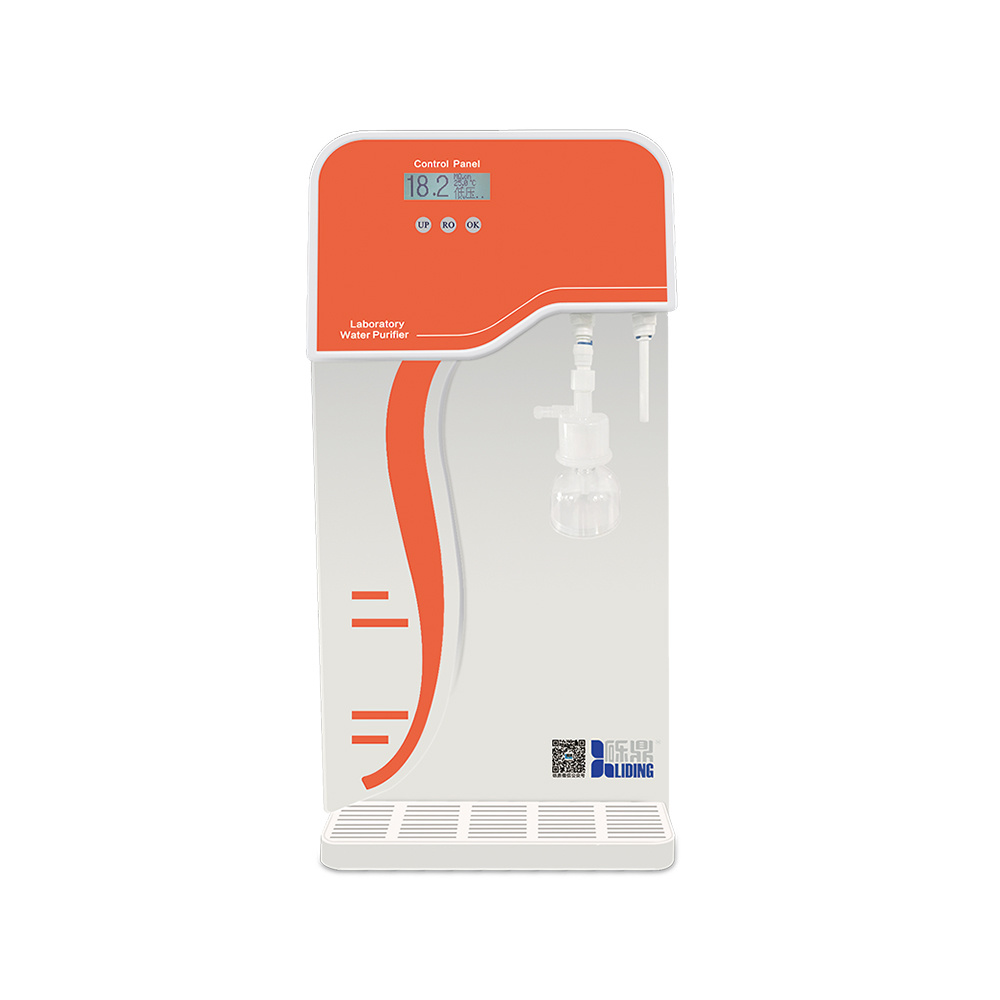Maximizing Productivity: The Essential Role of Ultra Purified Water Systems in Industrial Applications
Time:
Jul 25,2025
Maximizing Productivity: The Essential Role of Ultra Purified Water Systems in Industrial Applications
Table of Contents
- 1. Introduction to Ultra Purified Water Systems
- 2. Importance of Ultra Purified Water in Industrial Processes
- 3. Key Benefits of Implementing Ultra Purified Water Systems
- 4. Types of Ultra Purified Water Systems
- 5. Applications of Ultra Purified Water Systems in Industries
- 6. Challenges in Implementing Ultra Purified Water Systems
- 7. The Future of Ultra Purified Water Systems in Industry
- 8. Frequently Asked Questions (FAQs)
- 9. Conclusion
1. Introduction to Ultra Purified Water Systems
In industrial environments, the demand for high-quality water is paramount. Ultra purified water systems serve as a crucial component for businesses seeking to enhance their operational capabilities. By employing advanced purification technologies, these systems ensure that water meets stringent quality standards, essential for various applications. Such systems not only aid in maintaining product integrity but also contribute to overall productivity by reducing downtime and waste.
2. Importance of Ultra Purified Water in Industrial Processes
The role of ultra purified water in industrial processes cannot be overstated. In many sectors, the quality of water directly influences the quality of the final product. Whether in pharmaceuticals, food and beverage, or electronics, impurities in water can lead to significant setbacks, including compromised product quality and costly production delays. Hence, investing in ultra purified water systems is not merely beneficial; it is vital for maintaining a competitive edge in today's fast-paced industrial landscape.
3. Key Benefits of Implementing Ultra Purified Water Systems
To fully appreciate the significance of ultra purified water systems, we must look at the myriad benefits they provide.
3.1 Enhancing Product Quality
Ultra purified water systems eliminate contaminants that could affect product quality. With water purity standards being increasingly stringent, industries can no longer afford to compromise. By utilizing ultra purified water, companies ensure that their products meet regulatory requirements and customer expectations, leading to higher consumer trust and brand loyalty.
3.2 Improving Operational Efficiency
The efficiency of production processes heavily relies on the quality of water used. High-purity water minimizes the risk of equipment fouling and corrosion, significantly reducing maintenance requirements and downtime. This translates into smoother operations and enhanced productivity, allowing for uninterrupted production cycles.
3.3 Promoting Sustainability
As industries strive for sustainable practices, ultra purified water systems play a pivotal role. These systems often employ advanced technologies that reduce waste and improve resource management. By recycling water and minimizing the environmental impact, businesses can operate more sustainably while also reducing operational costs.
4. Types of Ultra Purified Water Systems
Understanding the different types of ultra purified water systems available can help businesses select the right solution for their needs.
4.1 Distillation Systems
Distillation is a process that uses heat to separate contaminants from water. The vapor produced is collected and condensed back into liquid form, resulting in highly purified water. This method is effective for removing a wide range of impurities but may require significant energy input.
4.2 Reverse Osmosis Systems
Reverse osmosis (RO) systems utilize a semi-permeable membrane to separate contaminants from water. This method is highly effective in removing dissolved salts and other impurities, making it a popular choice for various industrial applications. RO systems are known for their efficiency and ability to produce large volumes of purified water.
4.3 Deionization Systems
Deionization systems remove ionic impurities from water by utilizing ion exchange resins. This method is particularly suitable for applications requiring extremely low conductivity levels. Deionized water is often used in laboratories and manufacturing processes where water quality is critical.
5. Applications of Ultra Purified Water Systems in Industries
Ultra purified water systems find applications across various sectors, each benefiting uniquely from high-quality water.
5.1 Pharmaceuticals
In the pharmaceutical industry, the purity of water is critical for drug formulation and manufacturing processes. Ultra purified water is essential for preparing solutions and cleanroom environments, ensuring compliance with strict regulatory standards.
5.2 Electronics Manufacturing
The electronics sector relies on ultra purified water for cleaning and rinsing components. Impurities in water can lead to defects and malfunctions in electronic devices, making high-quality water essential for maintaining product standards.
5.3 Food and Beverage Industry
In food and beverage production, the quality of water directly affects taste, safety, and overall product quality. Ultra purified water systems help manufacturers meet health regulations and consumer demands, ensuring the delivery of safe and high-quality products.
6. Challenges in Implementing Ultra Purified Water Systems
While the benefits of ultra purified water systems are clear, several challenges can arise during implementation. Initial setup costs can be high, and ongoing maintenance requires careful planning and resources. Additionally, staff training is vital to ensure the effective operation of these systems. Addressing these challenges is crucial for maximizing the advantages of ultra purified water systems.
7. The Future of Ultra Purified Water Systems in Industry
The future of ultra purified water systems looks promising as technology continues to advance. Innovations in purification methods and integration with smart technologies are expected to enhance efficiency and effectiveness. As industries increasingly focus on sustainability, ultra purified water systems will play a vital role in achieving environmental goals and fostering responsible resource management.
8. Frequently Asked Questions (FAQs)
What is ultra purified water?
Ultra purified water is water that has undergone extensive purification processes to remove contaminants and impurities, achieving a high level of purity suitable for industrial applications.
Why is ultra purified water important in industrial applications?
Ultra purified water is crucial in industrial applications as it ensures product quality, enhances operational efficiency, and promotes sustainability.
What are the different types of ultra purified water systems?
The main types of ultra purified water systems include distillation systems, reverse osmosis systems, and deionization systems.
How can businesses benefit from implementing ultra purified water systems?
Businesses can benefit from enhanced product quality, improved operational efficiency, and a commitment to sustainable practices by implementing ultra purified water systems.
What challenges do companies face when implementing ultra purified water systems?
Challenges include high initial setup costs, ongoing maintenance requirements, and the need for staff training to ensure effective operation.
9. Conclusion
In conclusion, ultra purified water systems are indispensable in maximizing productivity across various industries. By ensuring high water quality, these systems enhance product integrity, improve operational efficiency, and promote sustainable practices. As technology evolves, the role of ultra purified water systems will only become more prominent, offering businesses the opportunity to thrive in an increasingly competitive industrial landscape. Investing in these systems is not just a choice; it is a necessity for future success.
RELATED NEWS








